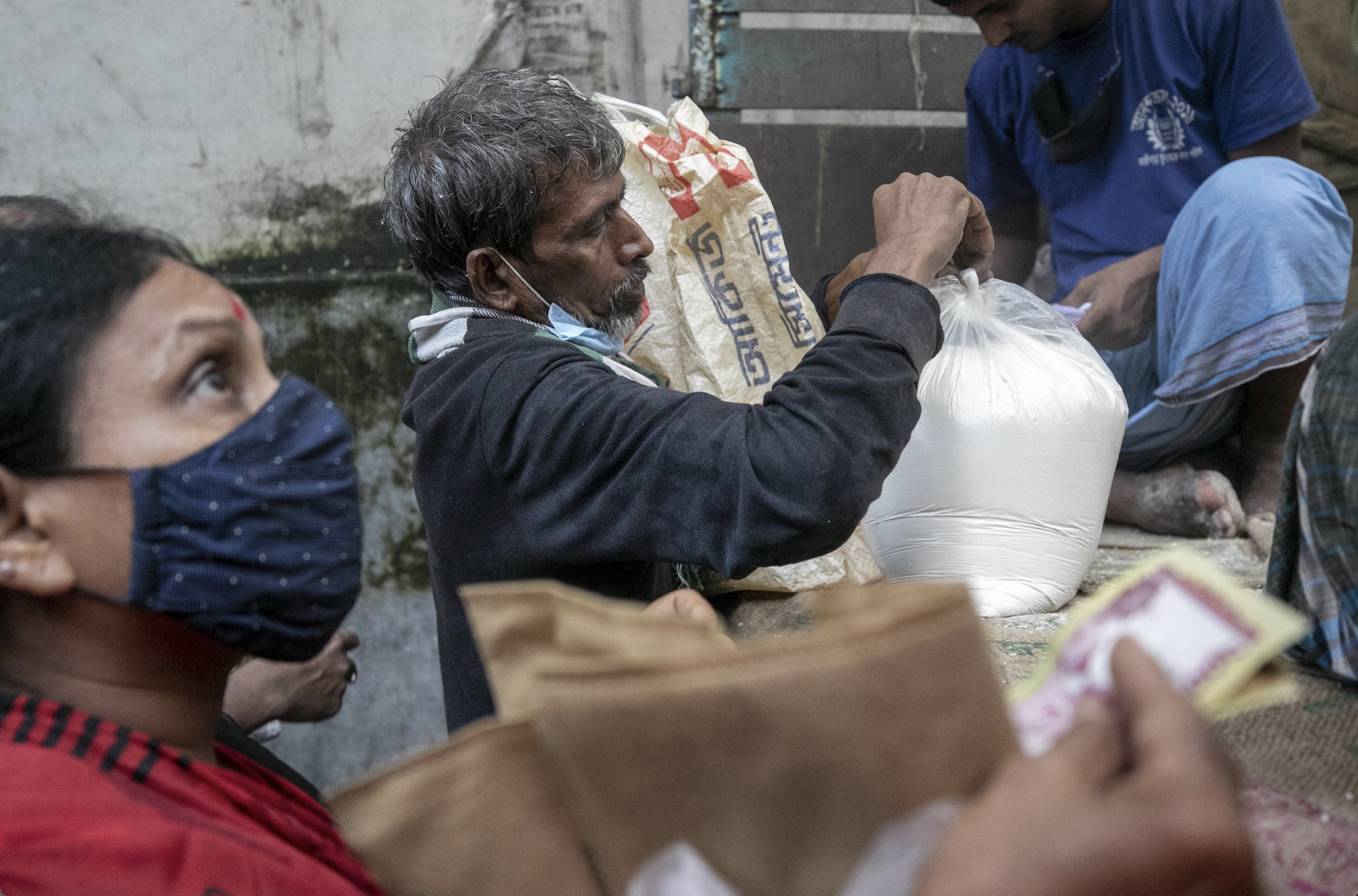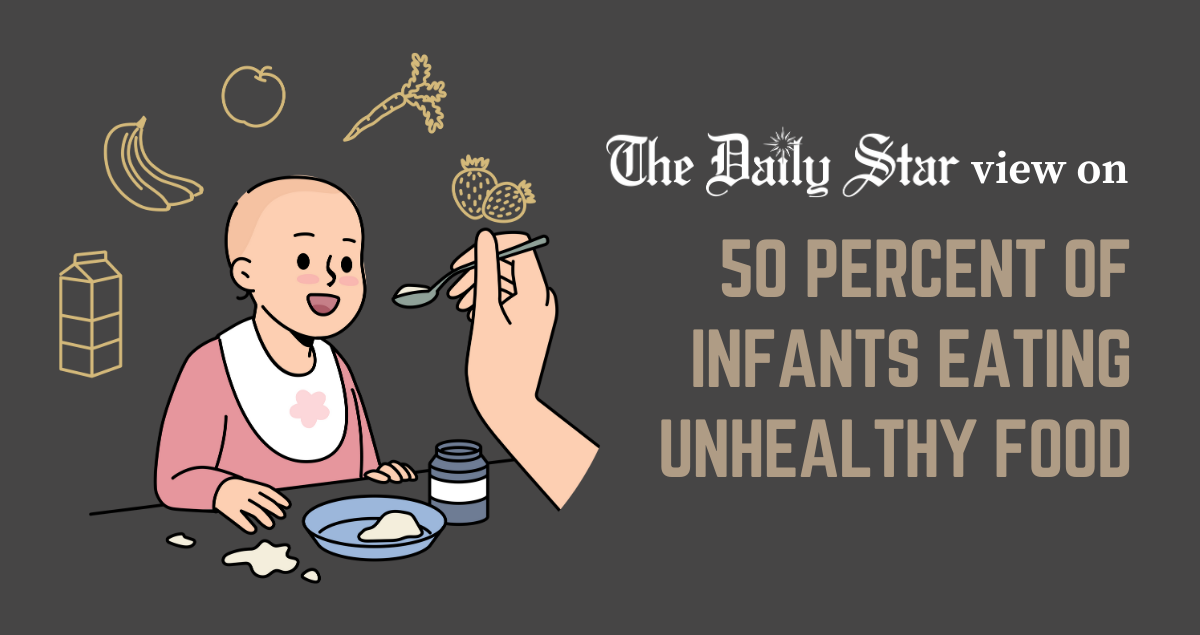An ominous sign for food security

A new study has painted a worrisome picture about food security in Bangladesh. The World Food Programme (WFP), after a survey conducted in May-August this year, found that as many as 24 percent of people in the country were suffering from different levels of food insecurity. The situation is far worse for the poor people, with 46 percent of the ultra-poor living in food insecurity, according to the survey. Earlier in July, five UN agencies, including the WFP, revealed that 5.2 crore people in Bangladesh were struggling with varying degrees of food insecurity, of whom 1.87 crore were facing the most severe form of food crisis.
The situation is quite distressing, to say the least. Evidently, despite reassurances from the authorities, a significant part of our population is not getting square meals for a prolonged period, which means they are unable to meet their daily nutritional needs. When asked for comments, the secretary of the food ministry rejected the WFP survey, saying the government had over 15 lakh tonnes of rice and 1.5 lakh tonnes of wheat in stock, and had several initiatives underway to provide basic food items at affordable prices to the disadvantaged people. If that is the case, why are so many still suffering from food insecurity?
During the survey period, 71 percent of families identified the high food prices as their primary concern, while 70 percent said they were cutting down on food intakes, borrowing money, selling off assets and buying food items on credit to make ends meet. This shows that those government initiatives are hardly helping them. The government's efforts to control food prices don't seem to be working either, thanks to some vested groups who seem to be beyond all regulations and can easily manipulate prices. Meanwhile, people who are already struggling financially are further getting trapped in debt just so that they can buy food.
We urge the government to carefully consider the WFP findings rather than dismissing them out of hand. It is unacceptable that a quarter of the population are going to bed hungry every day, and suffering from malnutrition, which is affecting their productivity and subsequently their ability to earn a living. The government must deliver on its promise of food security for all and employ real-life solutions – like putting a stop to price manipulation – so that everyone can afford proper meals.



 For all latest news, follow The Daily Star's Google News channel.
For all latest news, follow The Daily Star's Google News channel. 


Comments